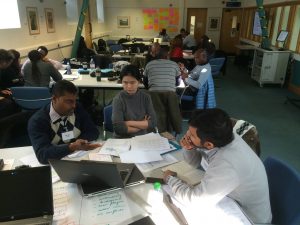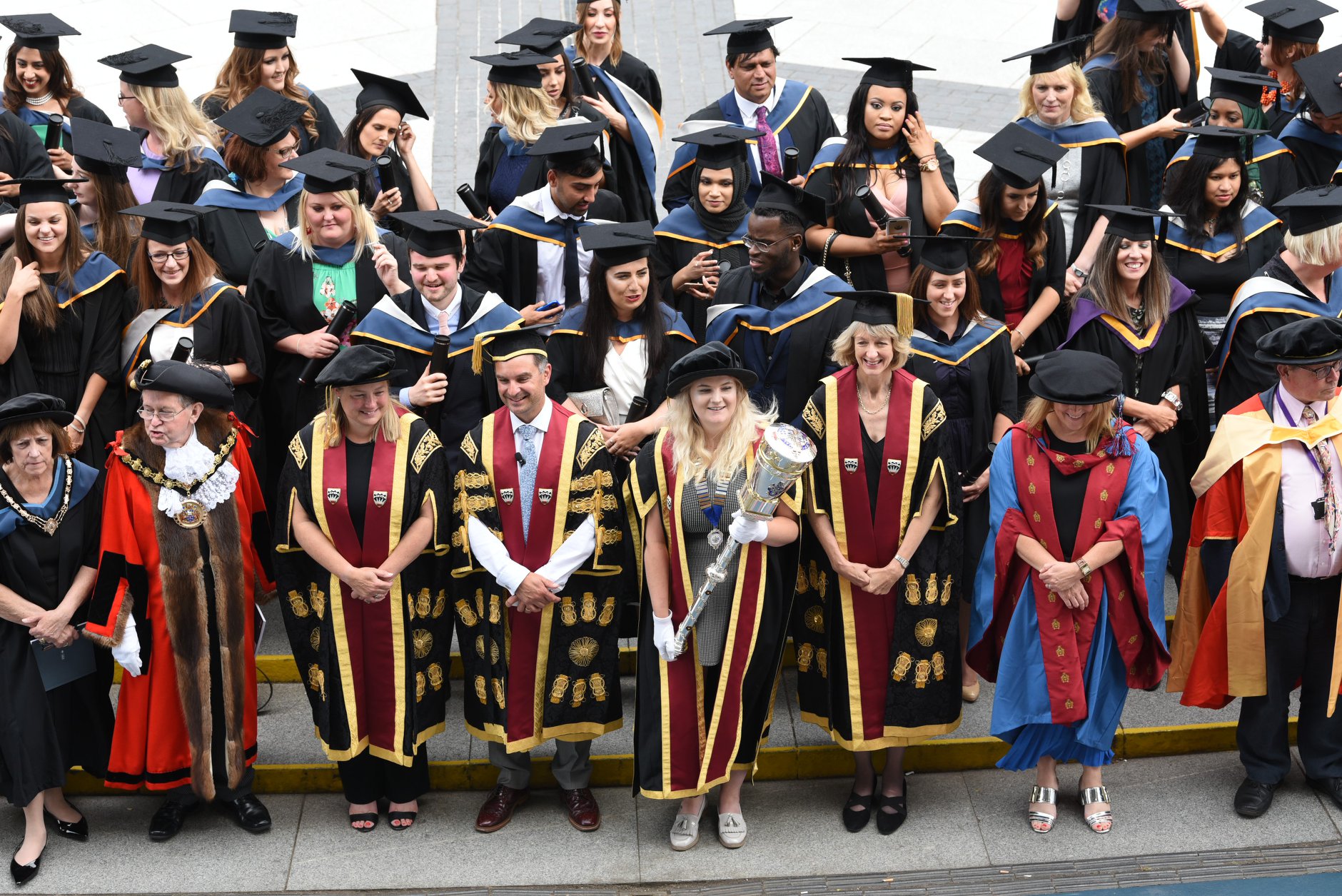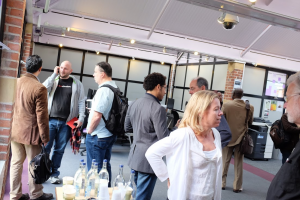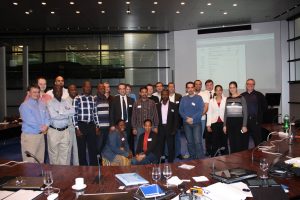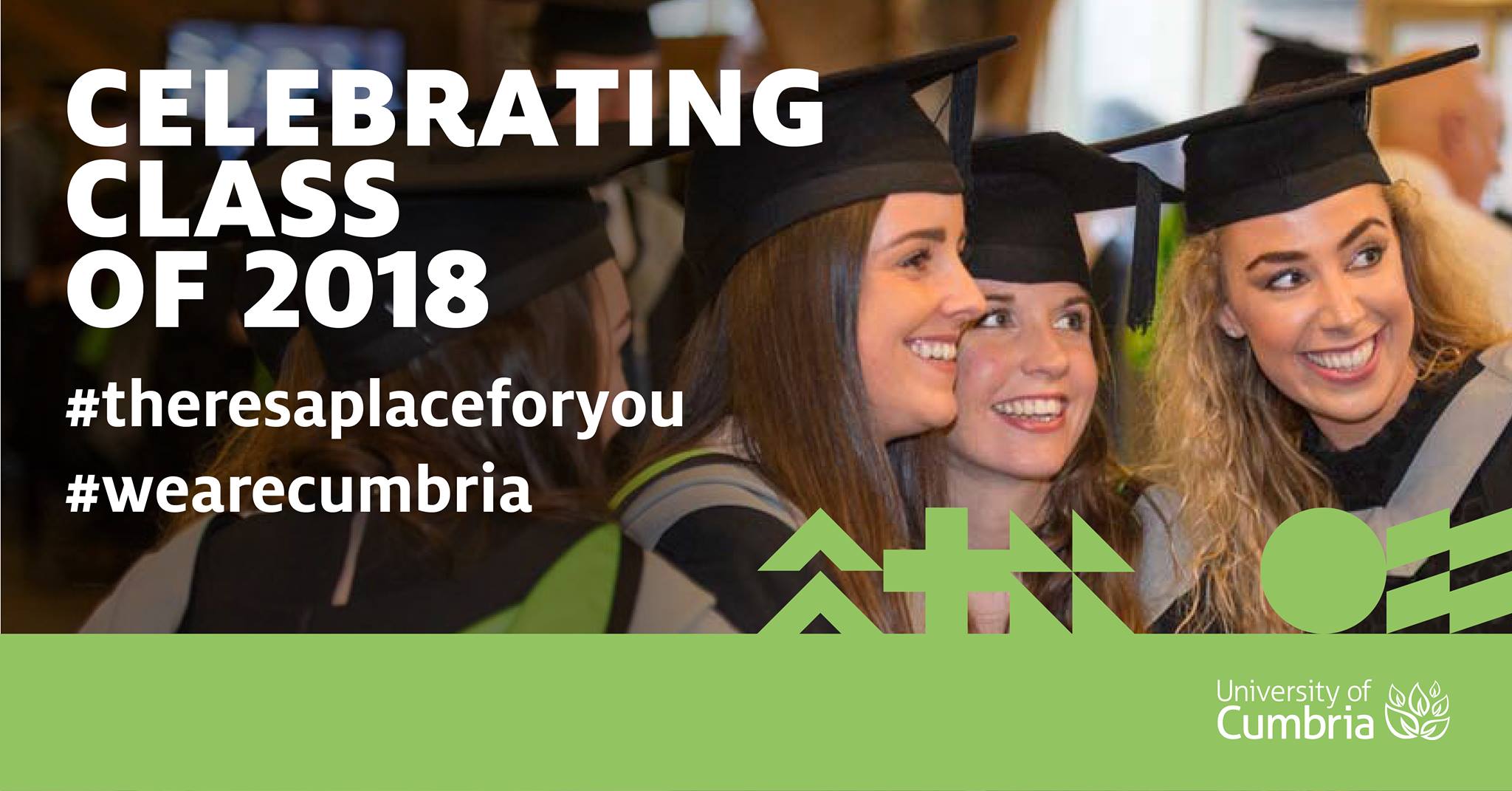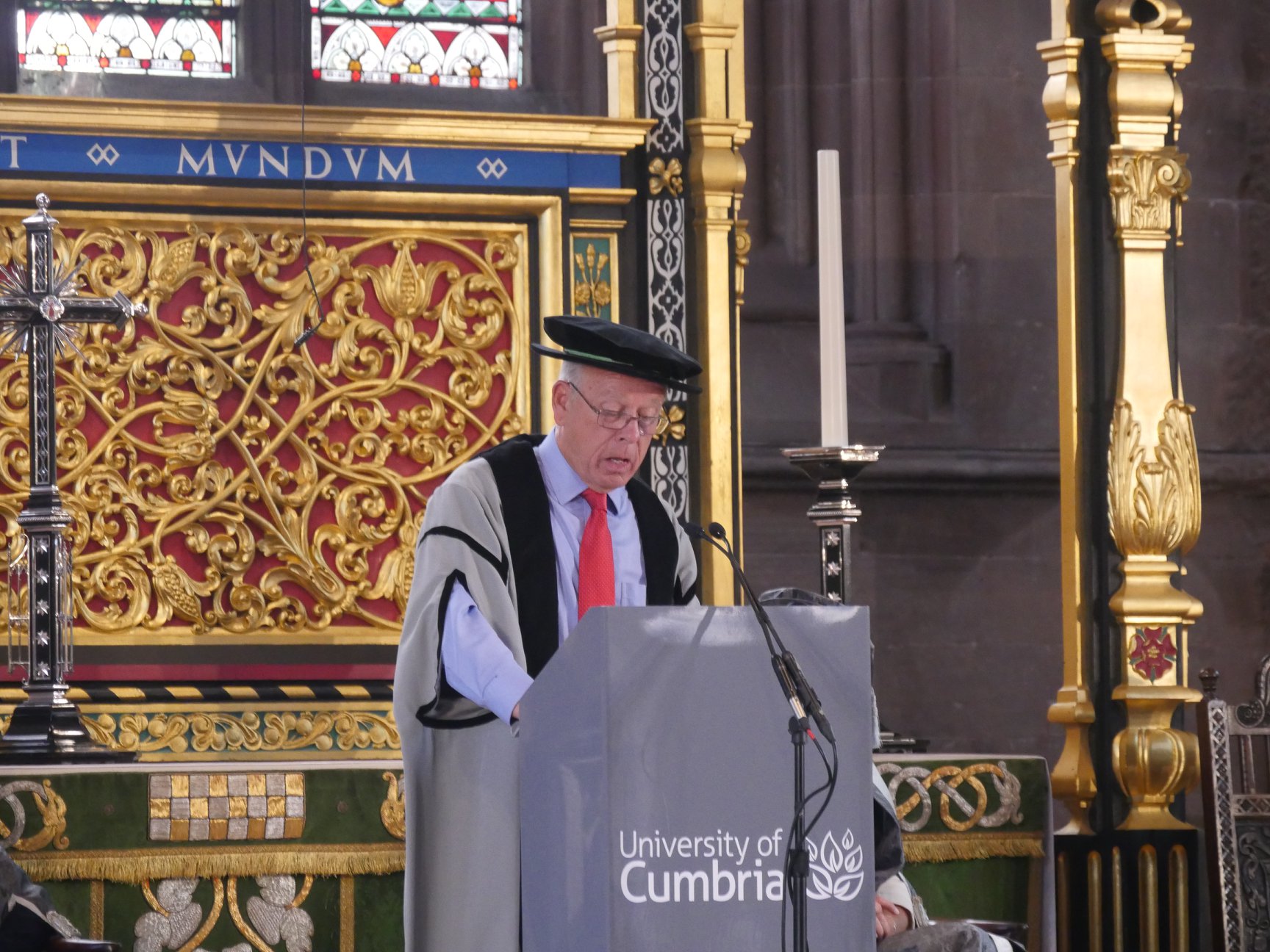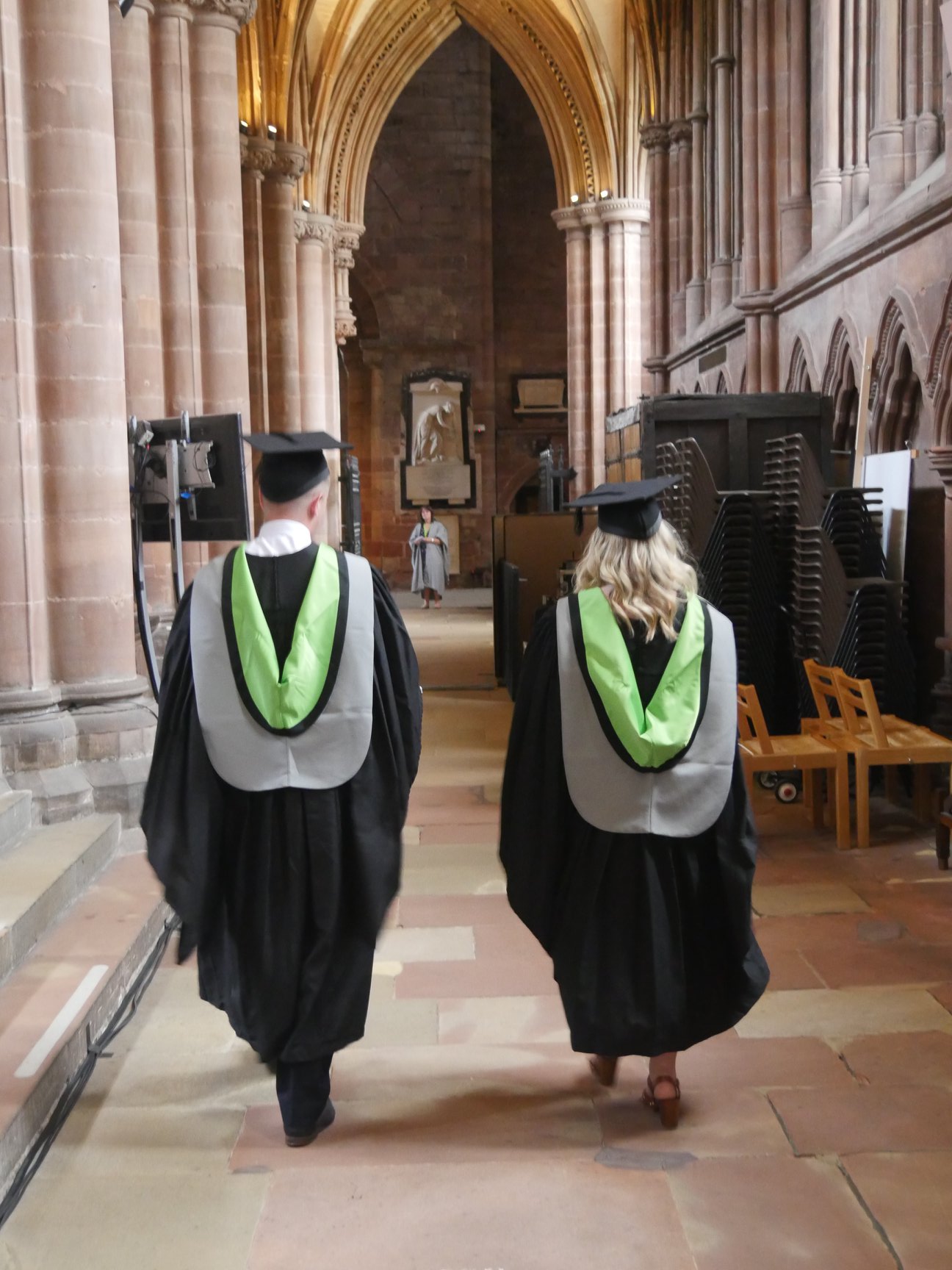ABOUT UNIVERSITY OF CUMBRIA
You must have been looking all over the internet to find a suitable University to pursue your Online Masters. There are several factors you would consider while choosing a University (check out our blog: Choosing the right University). The fact that you are reading this blog is that you either have decided to join Robert Kennedy College (RKC), or are looking for more information. It is natural to be intrigued and yearning to learn more about the University of Cumbria and Robert Kennedy College offering the Masters programmes and understand the partnership between them. This blog is a one-stop shop for all your questions.
The University of Cumbria has a long history behind its existence. It was formed in 2007 by the merger of St Martin’s College, Cumbria Institute of the Arts and University of Central Lancashire’s Cumbria sites, operating from campuses spread across Cumbria and North Lancashire. It may be a relatively new university, but is steeped in history dating right the way back to 1822. The University is continuing to grow, expanding in geographical terms as well as academic scope. The University focuses on to enrich students so that they can realise their potential and achieve life-changing outcomes. UoC has come along way since 2007 and has achieved laurels in various fields; which ranks it as one of sought-after universities.
New Vision: Confidence and consistency; the words that Geoff Donnelly uses throughout his first interview as chairman of the board of the University of Cumbria. The Chairman says, “My task is to ensure we continue to have the leadership and strategy necessary to achieve our goals. He added: “We’re still a new organisation but recent achievements such as 35th in the WhatUni sector rankings, graduate employment results which place us in the top half of the sector, coupled with contracts with Rolls Royce and the growing reputation of our Project Academy demonstrate both our progress and our ambition.
Excelling in Women Representation in Business: In 2009, UoC was one of the eight organisations in the northwest to be awarded the Women’s Business Centre Quality Standard.
Creating International Partnerships: The university welcomes students from Robert Kennedy College, who it partnered with for their MBA Awards in 2010.
IFLAS: UoC in 2012 launched an Innovative Institute for Leadership and Sustainability (IFLAS) at Ambleside Campus.
Award Winning University: The University received two Times Higher Education Leadership and Management Awards; Outstanding Student Services Team and Outstanding Finance Team in 2014.
UoC hosts 2018 UN World Investment Forum: The Institute for Leadership and Sustainability (IFLAS), based at the university’s Ambleside campus, gathered experts to discuss the underlying technology that powers cryptocurrencies such as bitcoins known as blockchain.
MoU with Chinese Government: “The Chinese Government clearly sees the modernisation and the creation of Chinese internationally credible vocational education system as fundamental to the success of the Belt and Road initiative,” Prof Gale said. “We signed fourteen Memoranda of Understanding – a clear indication of the value of the trip and a sense that the Chinese really want to do business with the University of Cumbria.” Forestry was the prime area where University found favour.
University receives power to Award Research Degrees: In March 2019, The University of Cumbria has been awarded Research Degree Awarding Powers (RDAP), which will allow it to grant research degrees such as doctorates for the first time since the university’s formation in 2007. This achievement comes after more than 18 months of rigorous and in-depth assessment by the Quality Assurance Agency.
Last but definitely not the least; Campus within a National Park and UNESCO World Heritage Site: The University has campuses in Carlisle, Ambleside, and Lancaster and a specialist centre in London. At Ambleside Campus, nestled in the heart of the Lake District, you get to witness 912-square mile picturesque patchwork – with more than 150 high peaks and 16 lakes. Visit the campus for the One week Compulsory residency or for your Graduation Ceremony.#Ambleside is one of the favourite places to start a walk, according to data from the Ordnance Survey Ordnance Survey . https://bbc.in/2TK8UWs
Its the famous saying that ” A man is known by the company it keeps”. Same is true for the University you affiliate yourself with, for the highest level education. This blog gives you the insight of the history, present and future of the University. The University of Cumbria is fully recognised by the British Government and duly listed on the United Kingdom’s Department for Business, Innovation and Skills list of recognised UK awarding institutions.
Still have questions? Talk to our academic advisors today!


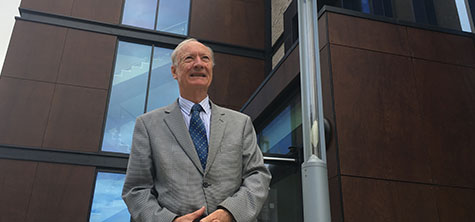



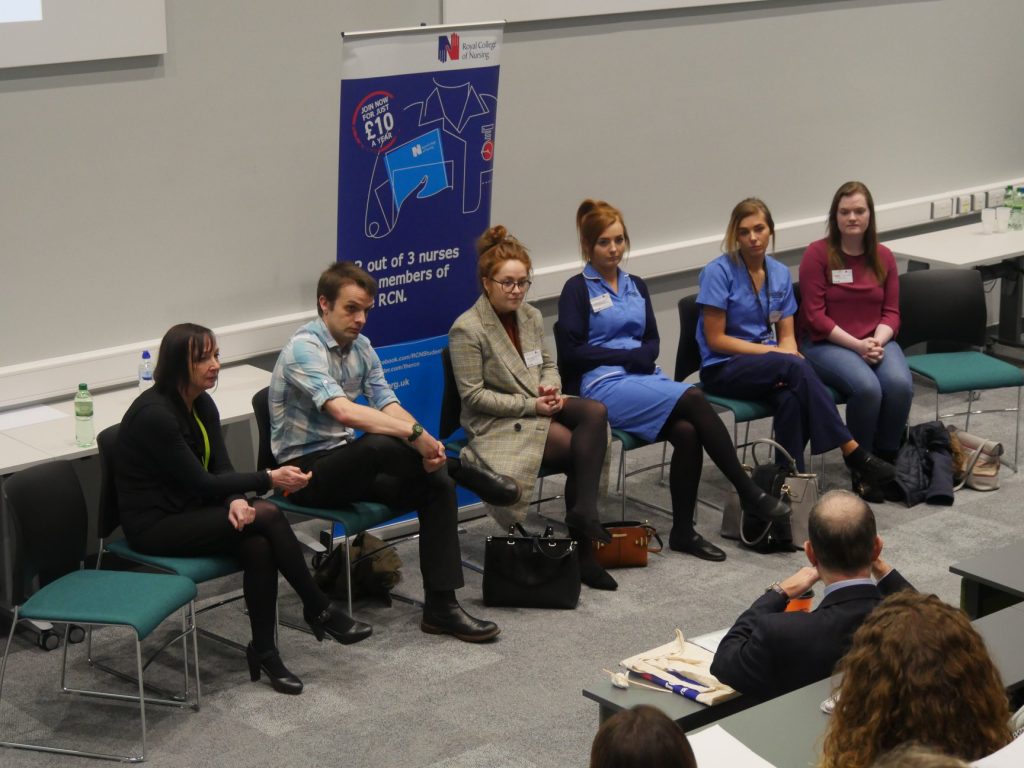



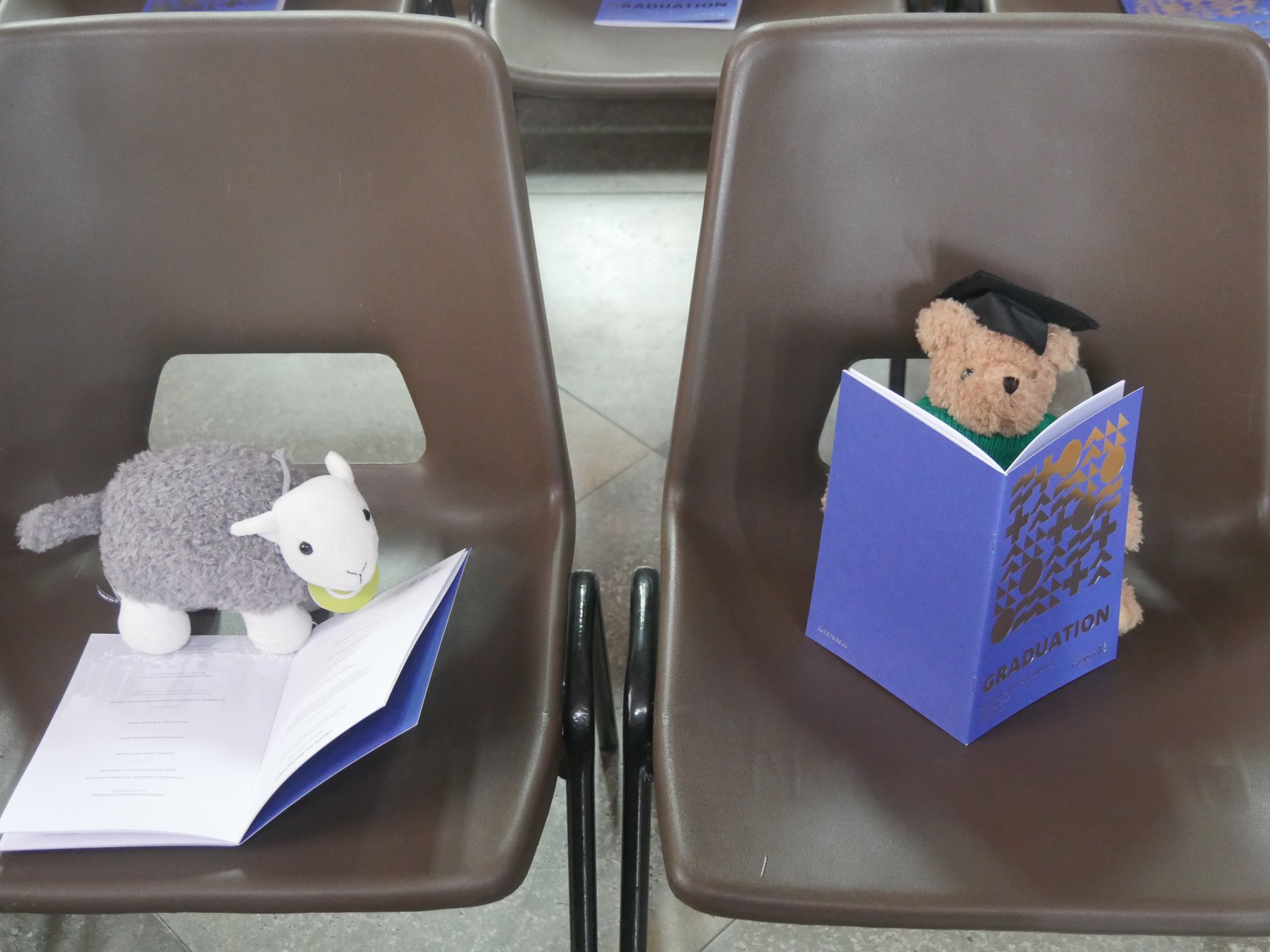

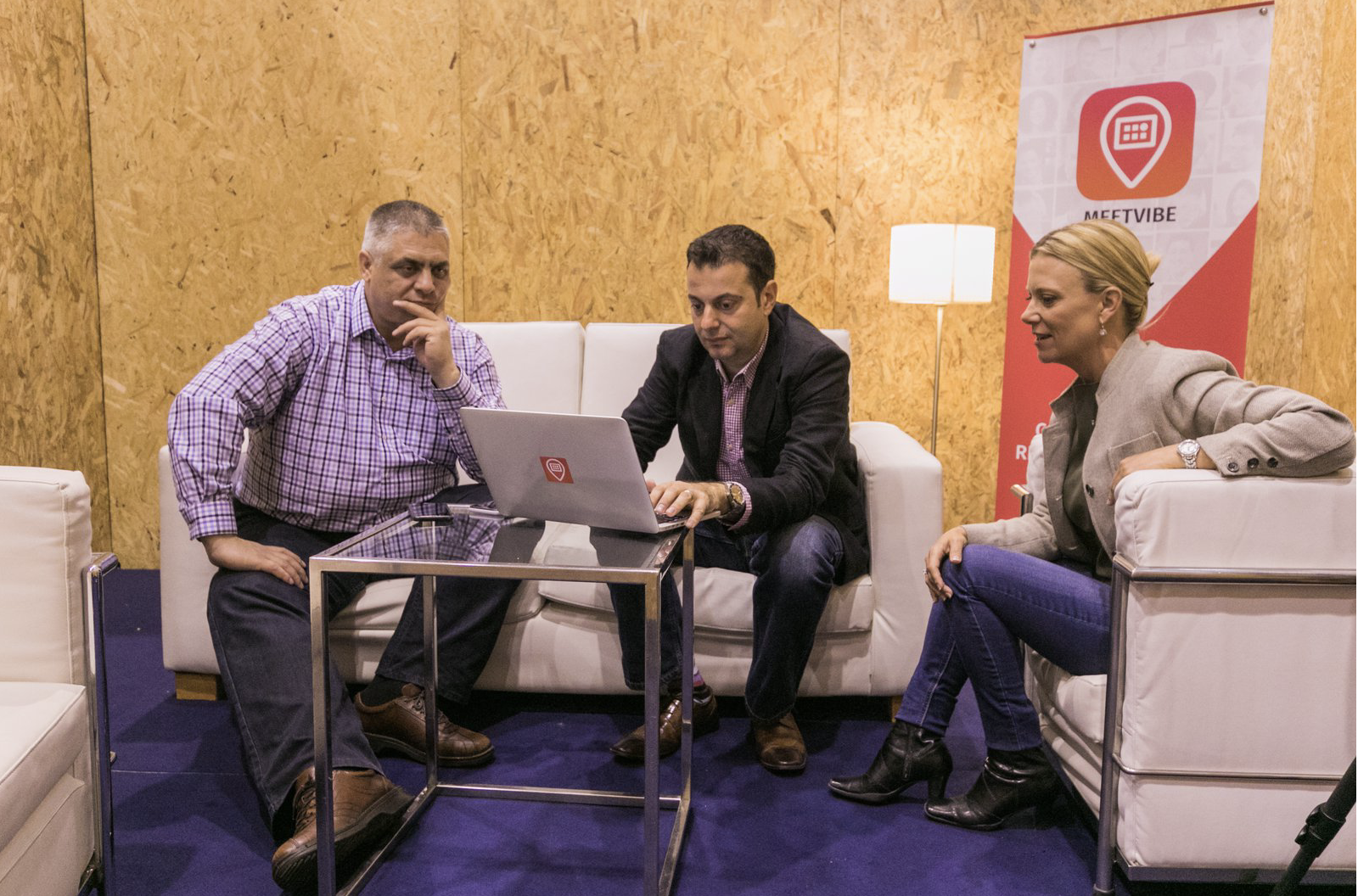
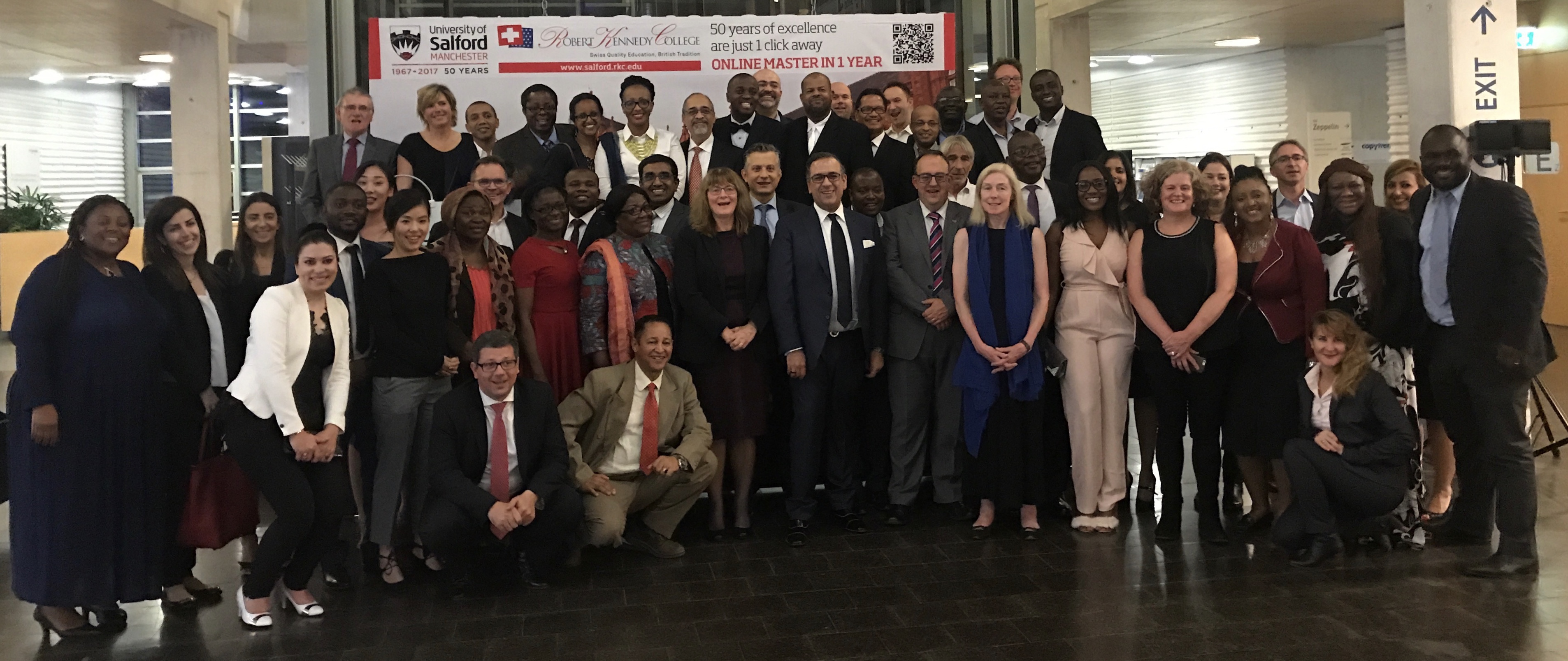


 5. Quote..Unquote! – I would advise, stay clear from quotes. You may feel tempted to include a famous saying. It adds, practically, no value to your statement.
5. Quote..Unquote! – I would advise, stay clear from quotes. You may feel tempted to include a famous saying. It adds, practically, no value to your statement.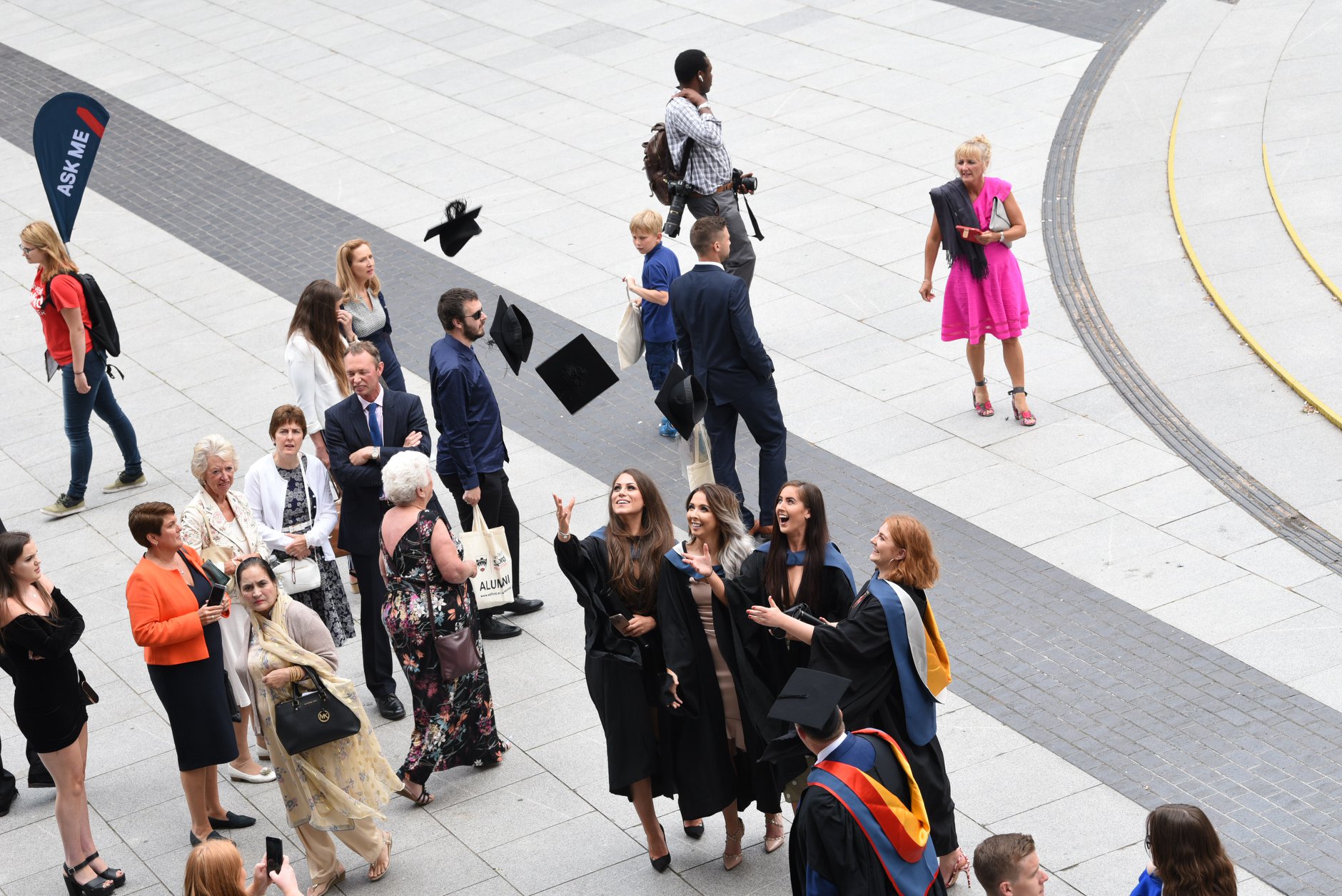

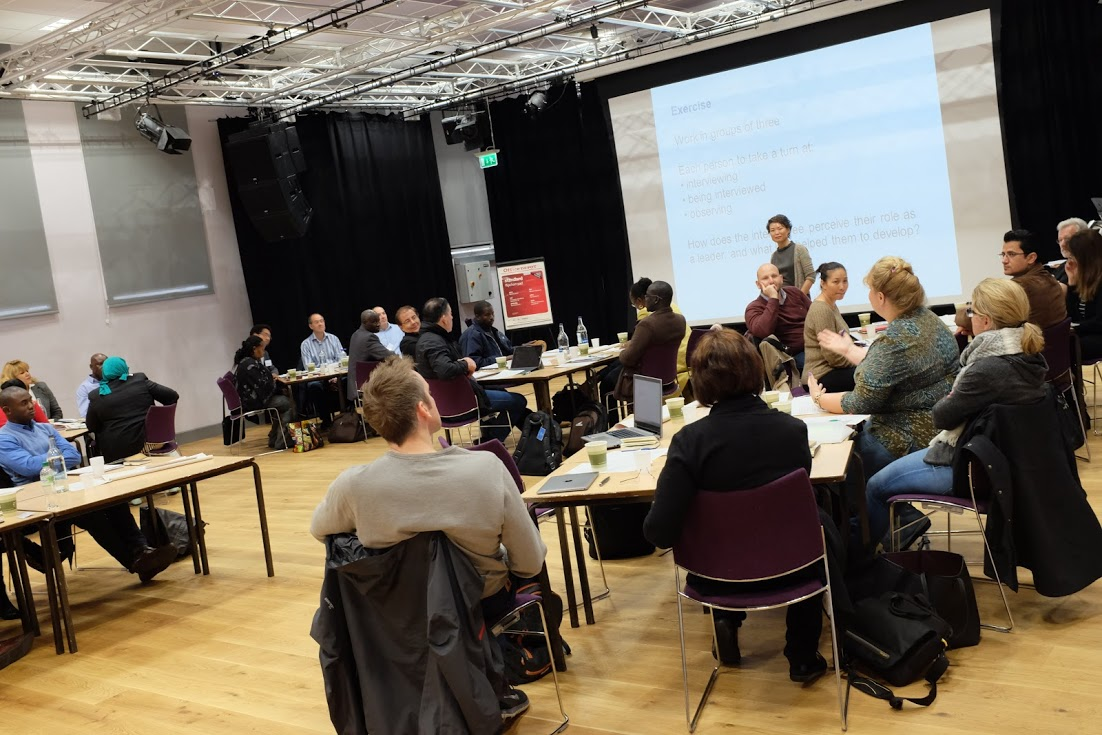
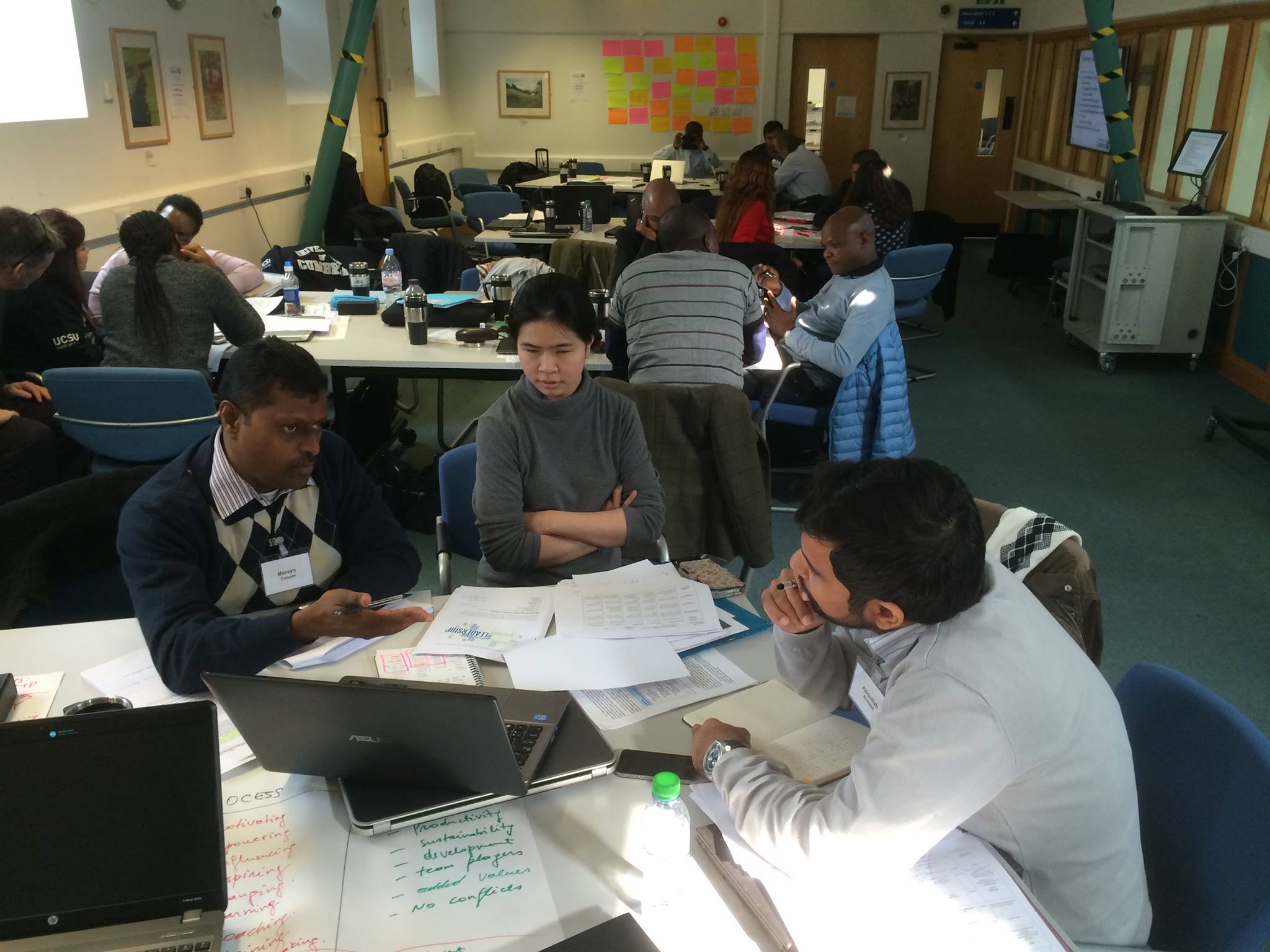

 3. Managing time
3. Managing time

